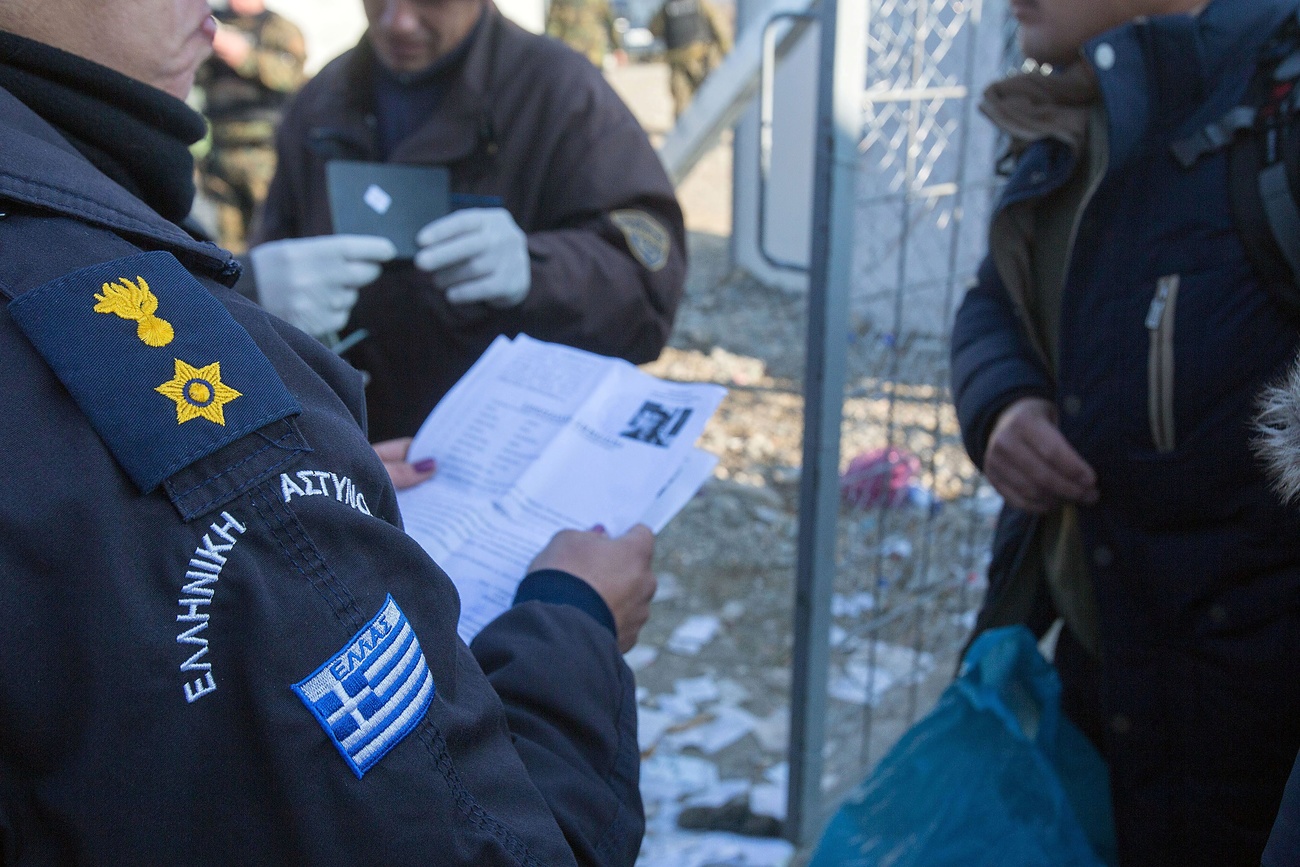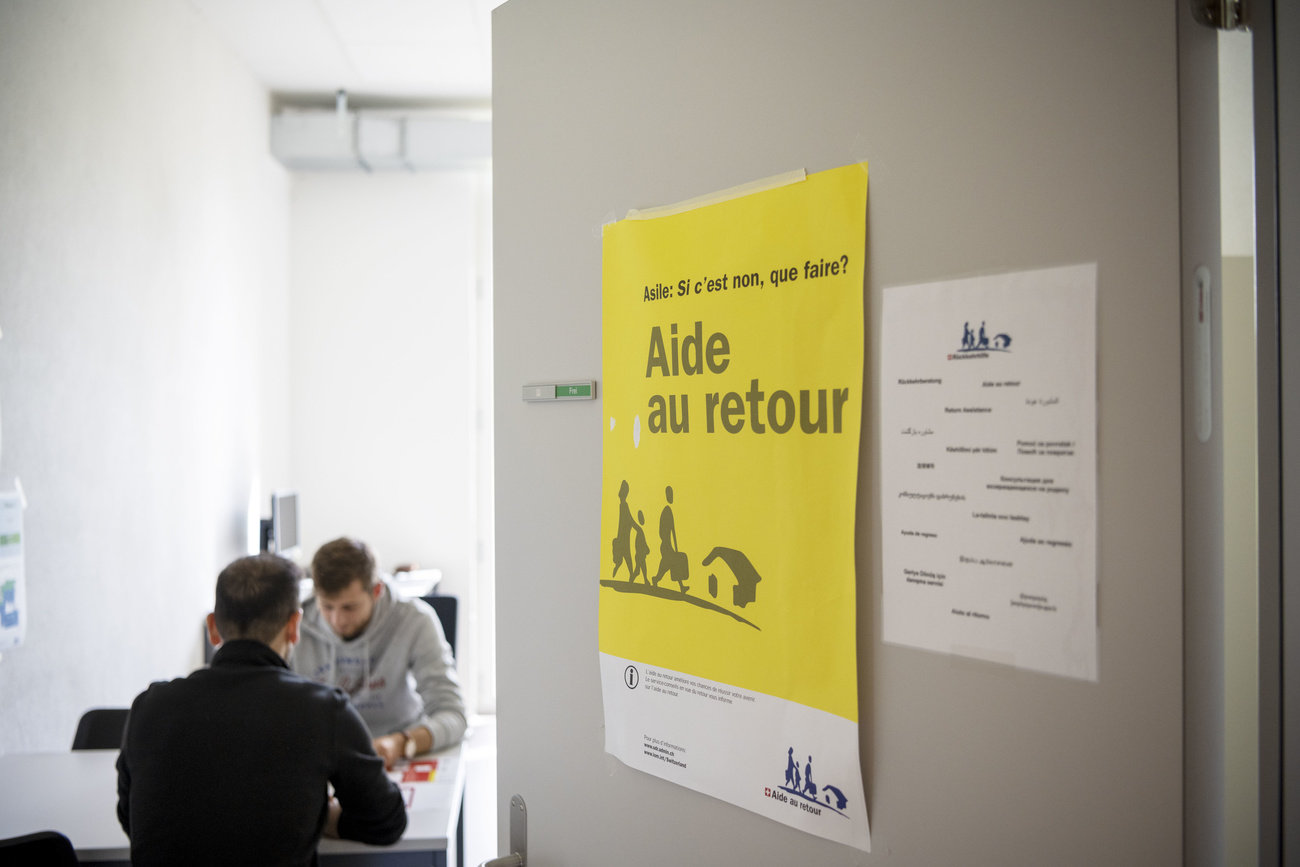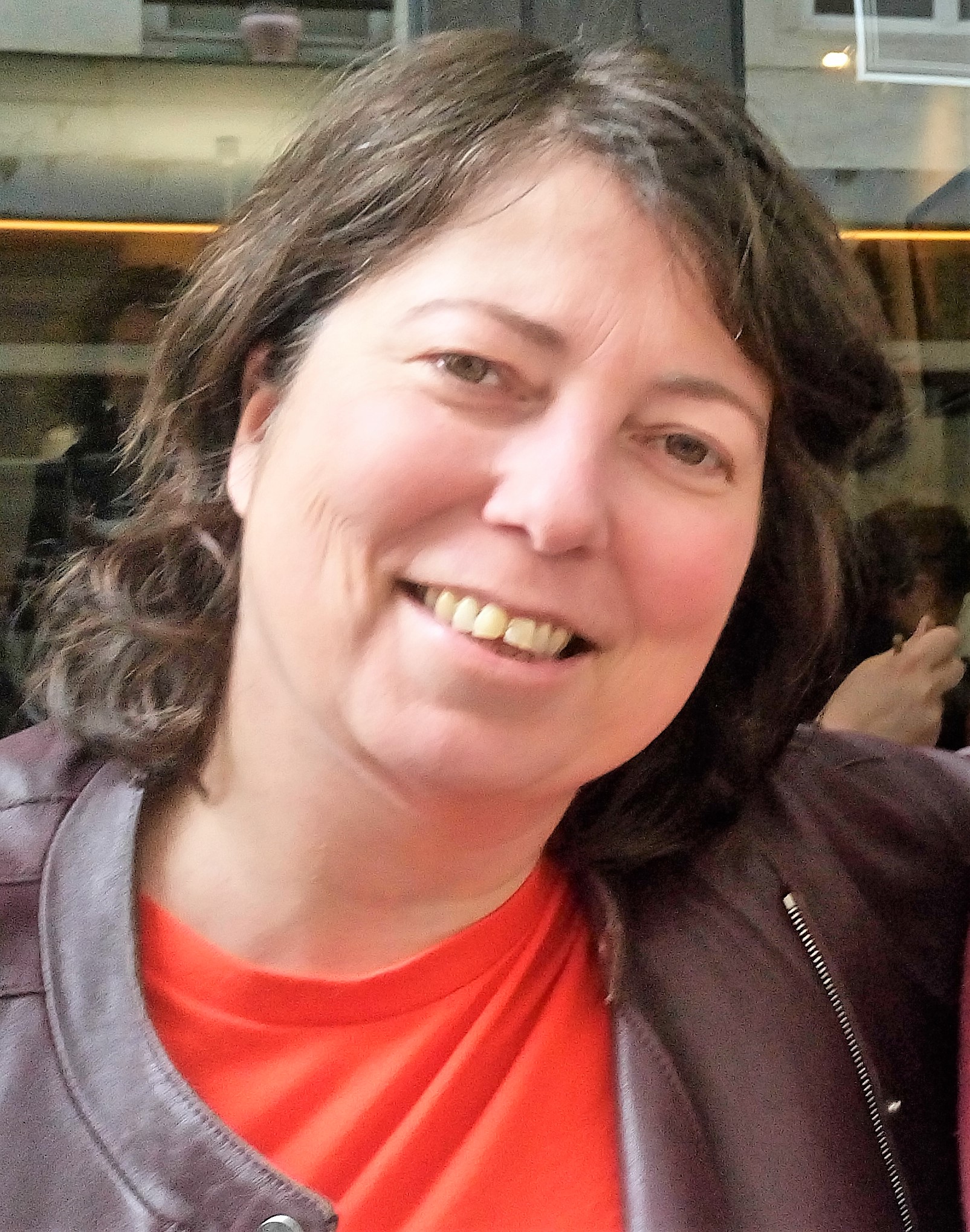
Accelerated asylum: creating more problems than solutions?

A year and a half ago, Switzerland introduced a new system to accelerate asylum applications. This idea has been around in Europe for a long time, according to migration expert Virginie Guiraudon.
Streamlining asylum applications and accelerating their integration or expulsion: these are the aims of the new Swiss system for processing asylum claims, which was implemented in March 2019.

More
Campaigners find flaws in Switzerland’s new asylum system
Since then, criticism by lawyers and associations defending the rights of asylum seekers have been unrelenting. The grounds for asylum and the medical condition of applicants are not sufficiently established, the deadlines for appeals are too tight, and sorting too often directs people to the accelerated procedure. For their part, the authorities have made adjustments to the system, but they insist the process works.
This desire to turbocharge the examination of asylum applications is not new. Most European countries have been trying to accelerate their procedures for a long time. It is, moreover, one of the objectives of the New Pact on Migration and AsylumExternal link currently being negotiated within the European Union. The proposal is questionable, according to Virginie Guiraudon, director of research at the Centre for European Studies and Comparative Politics in Paris.
swissinfo.ch: Switzerland has introduced a new system to accelerate asylum applications. Have other European countries done the same thing?

Virginie Guiraudon: There has really been a groundswell for a very long time. In Europe, they were talking about accelerating procedures before the Dublin Accords of 1990. In France, a reform was implemented in 2015. The law was again modified after the election of Emmanuel Macron to the presidency, always with this idea of creating different paths: an accelerated procedure and a “normal” procedure.
The idea that there are “safe countries” and “manifestly unfounded claims” is reflected in the original Dublin Treaty, so I would say that European countries have been trying for 30 years to accelerate the procedures.
But this sorting doesn’t really help to speed up expulsions. The moment that a person is refused asylum happens more quickly, but it is difficult for states to obtain a consular pass from the country of origin enabling the removal of the person.
swissinfo.ch: Are such reforms criticised in other European countries?
V.G.: Yes, and these criticisms are validated by qualitative studies. With less time available, applicants’ explanations become standardised to correspond to the expectations of the public servants who examine the applications. And these public servants are also going to use ‘shortcuts’ to determine if a person fits or not into a ‘box’.
Acceleration means that the detail of the narrative will not be examined and no-one will look for supplementary information. The procedure is going to be standardised from both sides.
swissinfo.ch: Is acceleration also an objective of the proposed New European Pact on Migration and Asylum?
V.G.: Exactly. The idea is that the asylum applicant be registered, provide their digital imprint and be directed either to a rapid procedure with a view to deportation, or a relocation procedure in a European country to lodge an application for asylum.
It is written in black and white that expulsions must occur very quickly, in just a few months, but we do not know how that will be possible. The pact also calls for applications to be sorted by nationality rather than individually. Members of a nationality which have historically had little success in asylum procedures of different countries will be directed towards an extradited border procedure.
This selection seems to me to be extremely complex because the recognition rate changes each year and asylum standards differ from one country to another.
Sorting people by nationality is in all cases very problematic. I think, for example, of political opponents or of gender-based persecution which is increasing in certain states that might not be dictatorships, but where certain populations are forced into exile.
I also wonder how these border procedures will improve the situation. In Greece, for example, people have been there for years without their status being clarified. They are not relocated to another European country, but neither are they sent back, so they stay in the camps.
swissinfo.ch: Do you worry that with this new pact, large camps will form on Europe’s borders?
V.G.: That is what the pact is supposed to resolve, but this text, which is hundreds of pages long, is a masterpiece of bureaucratic jargon. You cannot see how it proposes could solve the question of these people who are waiting. That requires enough European countries to accept relocations and a solution to be found for expulsions. At the moment, certain countries agree to accept their citizens, but others are dragging their feet.
swissinfo.ch: With this new pact, is there a desire to move the examination of asylum applications to Europe’s borders?
V.G.: Germany, which holds the European Union presidency until the end of the year, advocates an even a stronger idea. It calls for registration centres to be situated outside of Europe, more to the south, on the other side of the Mediterranean.
swissinfo.ch.: What role could Switzerland play in negotiations of this new European pact?
V.G.: Switzerland is one of the founding countries for the entire system, it has participated in the discussions since the beginning and initiated a lot of intergovernmental conferences on asylum since the 1990s.
Without being a member of the European Union, it is an essential actor and also invests in international think tanks like the International Migration Organisation. Even if Switzerland does not directly participate in the current negotiations, its interests and philosophy are very well represented.

More
Campaigners find flaws in Switzerland’s new asylum system

In compliance with the JTI standards
More: SWI swissinfo.ch certified by the Journalism Trust Initiative
















![The four-metre-long painting "Sonntag der Bergbauern" [Sunday of the Mountain Farmers, 1923-24/26] had to be removed by a crane from the German Chancellery in Berlin for the exhibition in Bern.](https://www.swissinfo.ch/content/wp-content/uploads/sites/13/2025/12/01_Pressebild_KirchnerxKirchner.jpg?ver=14ffbad8)














Join the conversation!